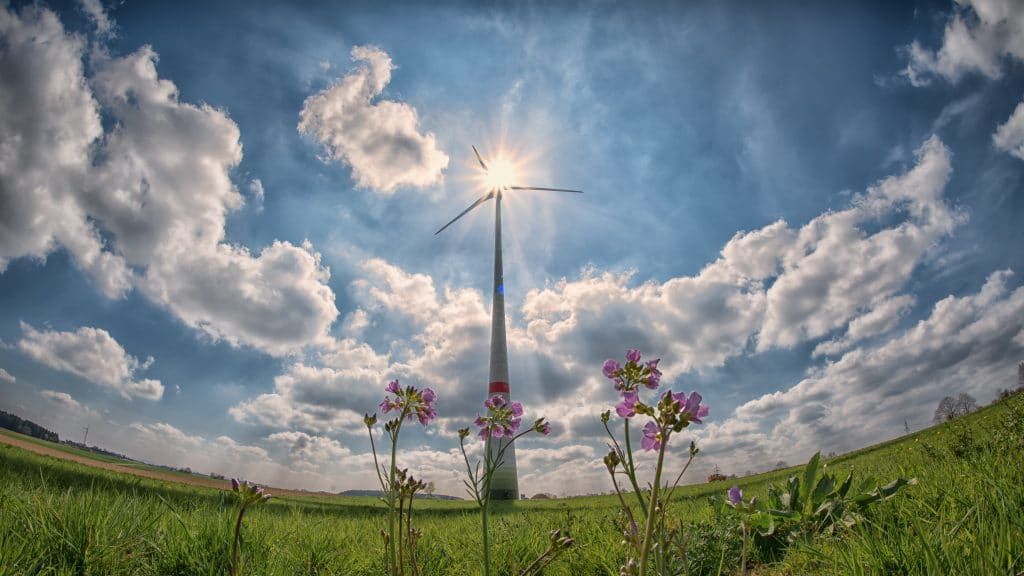Carbon removal: A cart in need of a horse
By Lucien Crowder | November 16, 2017
 Wind power
Wind power
“Even if every country fulfills the pledges made in the Paris climate accord,” Elizabeth Kolbert writes in this week’s New Yorker, “…carbon dioxide could soon reach levels that, it’s widely agreed, will lead to catastrophe, assuming it hasn’t already done so.”
Increasingly, it seems that averting climate disaster will require not just reducing carbon emissions but also finding ways to remove from the atmosphere carbon dioxide that humanity has already placed there. But how, practically speaking, can we remove vast amounts of carbon from something as large and unwieldy as Earth’s atmosphere?
Quite possibly, we can’t. Then again, we had better.
Kolbert—a Pulitzer Prize–winning journalist and a member of the Bulletin’s Science and Security Board—takes readers to British Columbia, where a company sucks carbon dioxide from the air and renders it into calcium carbonate pellets. (For now, the firm is managing to remove only a ton of carbon dioxide from the air each day.) She visits Arizona State physicist Klaus Lackner, who—having set aside earlier ideas about solar panels that self-replicate at an exponentially increasing rate—now focuses on plastic ribbons embedded with tiny beads that capture carbon when dry and release it when wet. (“If you built a hundred million… units,” Lackner tells Kolbert, “you could actually keep up with current emissions.”) Kolbert travels to an unassuming location in Illinois where carbon dioxide, derived from corn, is injected into “porous stone capped by a layer of impermeable rock.” (Nice idea, but growing corn for carbon removal uses up a lot of arable land.)
It’s a rollicking good tour that Kolbert takes us on. Unfortunately, the information she collects is not entirely uplifting.
Publication Name: The New Yorker
To read what we're reading, click here
Together, we make the world safer.
The Bulletin elevates expert voices above the noise. But as an independent nonprofit organization, our operations depend on the support of readers like you. Help us continue to deliver quality journalism that holds leaders accountable. Your support of our work at any level is important. In return, we promise our coverage will be understandable, influential, vigilant, solution-oriented, and fair-minded. Together we can make a difference.
Topics: Climate Change, What We’re Reading















